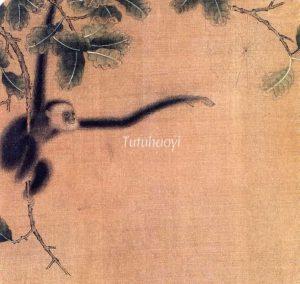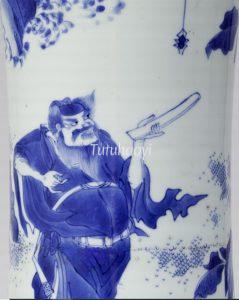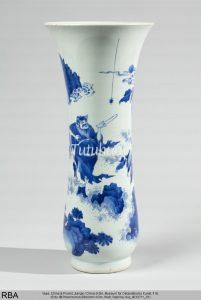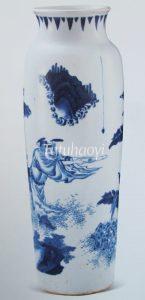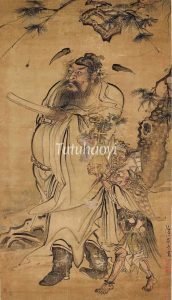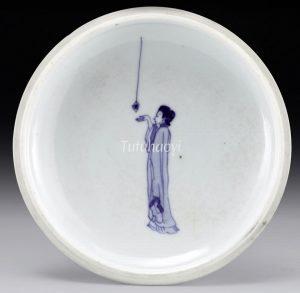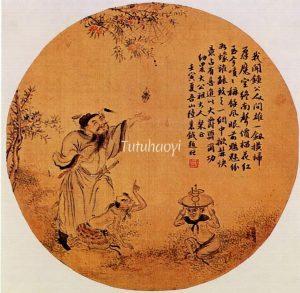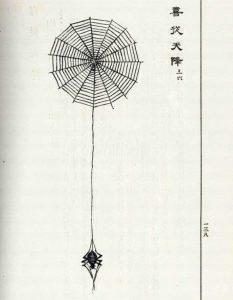May unexpected good luck descend on you!
喜从天降
© Tutuhaoyi.com owns the copyright of the description content for the images attached. Quoting all or part of the description content on this page is permitted ONLY IF ‘Tutuhaoyi.com’ is clearly acknowledged anywhere your quote is produced unless stated otherwise. (本页描述内容版权归Tutuhaoyi.com所有,转发或引用需注明 “Tutuhaoyi.com”, 侵权必究, 已注开源信息的条目除外。)
Pun design:
Spider + descending from the sky
Punning mechanism:
‘Zhi zhu (蜘蛛, spider)’ has a nickname ‘xi zi (蟢子)’ or ‘xi zhu (喜蛛)’ meaning the ‘lucky one’ or ‘lucky spider’.
Its first character ‘xi 喜(蟢)’ for ‘happiness (good luck)’ is then combined with the phrase ‘cong tian jiang (从天降)’, meaning ‘descending from the sky’.
The whole phrase (喜从天降) describing the spider’s action in the picture is to convey the meaning ‘pleasant surprise descending on you’.
画面要素:蜘蛛 + 从天降
谐音机制 : 取蜘蛛的别名‘喜蛛’谐音‘喜’; 某物自天而降,取‘从天降’
Related Pun Pictures:
May good fortune descend from heaven 福从天降
Related blog:
Fig 1: close-up, fan cover, Southern Song (1127–1279), courtesy of the National Palace Museum Monthly No. 107 p. 16 p.4
Fig 2-3: porcelain vase with underglaze blue decoration, Chongzhen period (1628–44), Ming dynasty, courtesy of the Museum of East Asian Art (Cologne)
Fig 4: cylindrical vase with underglaze blue decoration, Chongzhen period (1628–44), Ming dynasty, courtesy of Tianjin Museum, China
Fig 5: hanging scroll, ink and colour on silk, Lv Xue (吕学, active in Kangxi period), 17th century, courtesy of the Trustees of the British Museum
Fig 6: porcelain ink container with underglaze blue decoration, Kangxi period (1662–1722), Qing dynasty, courtesy of Shanghai Museum, China
Fig 7: fan cover, Xi Cong Tian Jiang, Lu Xiangyue (ca. 1800–1911), 1902, courtesy of the National Museum of History, Taipei
Fig 8: illustration, Kisshō zuan kaidai : Shina fuzoku no ichi kenkyū by Nobuchika, Nozaki, Pl. 36, Tenjin: Chn̄goku Dosan Kōshi, 1928
